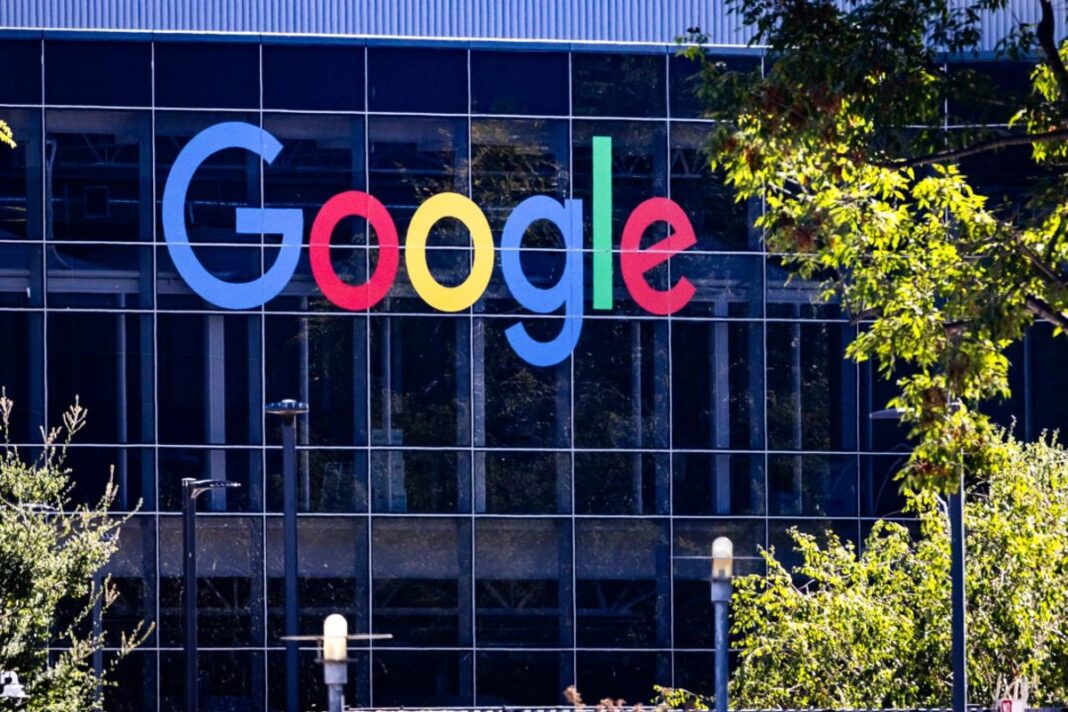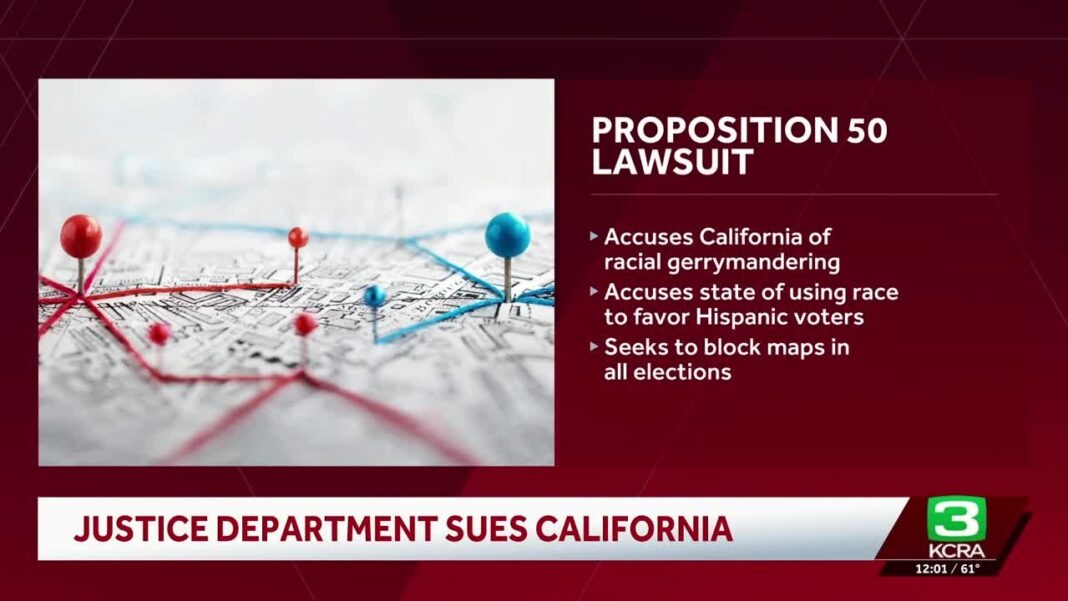Gemini was able to tell technology writer Ruben Circelli who his first crush was in elementary school as well as one of his character flaws.
SAN JOSE, Calif.—Google LLC is accused in a civil lawsuit of using its artificial intelligence program Gemini to collect data on users’ private communications in Gmail as well as Google’s instant messaging and video conference programs.
Until around Oct. 10, the Gemini AI assistant required the user to deliberately opt into its feature. After that date, the feature was allegedly “secretly” turned on by Google for all its users’ Gmail, Chat, and Meet accounts by default, enabling AI to track its users’ private data in those platforms “without the users’ knowledge or consent,” according to the complaint filed Nov. 11 in federal court in San Jose.
The class action lawsuit was filed in the U.S. District Court for the Northern District of California, alleging that Google is violating the California Invasion of Privacy Act, a 1967 law that prohibits surreptitious wiretapping and recording of confidential communications without the consent of all parties involved.
Although Google provides a way for users to turn off the feature, it requires users to look for it in the privacy settings to deactivate it, despite never having agreed to it in the first place, the complaint said.
The AI feature is categorized in “Google Workspace smart features” in Google settings. Once turned on, it means the user consents to the program using “Workspace content and activity” across Workspace or in other Google products.
When the feature is turned on, Gemini can “scan, read, and analyze every email (and email attachment), message, and conversation on those services,” according to the complaint.
Technology writer Ruben Circelli wrote in a PCMag article that Gemini is “downright creepy” in diving deep into his personal history, analyzing 16 years’ worth of emails after he signed up for a more advanced pro feature.
In a series of tests by Circelli, Gemini told him one of his character flaws and even knew who his first crush was in elementary school.
“This invasion of privacy wasn’t just disconcerting, though; it was unexpected,” Circelli wrote. “Google didn’t explain what this integration would do before I signed up for its AI Pro plan, nor did it give me a way to opt out at the start.”
The Epoch Times reached out to Google for comment, but did not receive an immediate response.
By Lear Zhou







